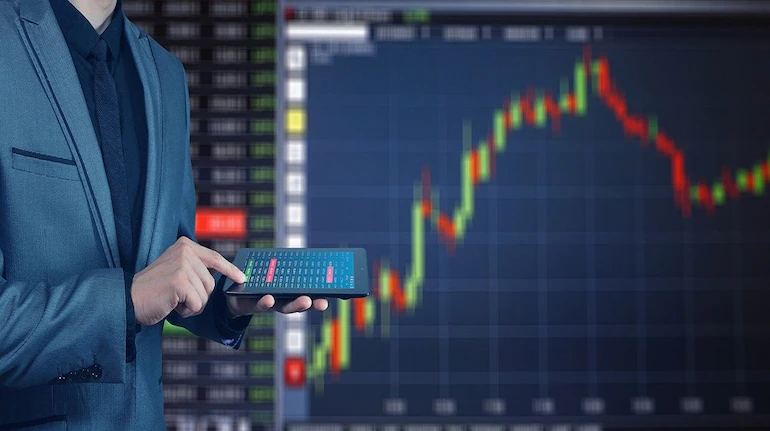It is increasingly difficult for an actively managed equity fund to outperform the benchmark index. According to the 2021 S&P Indexes and Active Funds (SPIVA) India Scorecard, many actively managed equity mutual fund schemes have underperformed the index. Half of India’s large-cap plans underperformed the S&P BSE 100 for December 31, 2021. Over five years, 82% of large-cap plans have underperformed the S&P BSE 100.
SPIVA also compared the performance of equity-linked savings plans to the S&P BSE 200 index. Over a year, 26.8% of actively managed ELSS programs have underperformed the index, and over the past five years, 79% of them have underperformed the index. Among the small and mid-cap programs, the one-year and five-year underperformance compared to the S&P BSE 400 mid-cap index was 50% and 58%, respectively.
The SPIVA Scorecard considers the programs with the highest assets when calculating their performance. If the regular plan manages more assets than the direct plan, the performance of the regular plan is considered. If the assets under management of the direct plan are higher than the regular plan, the performance of the direct plan is considered. This means that the SPIVA report mainly considers the performance of conventional plans and compares it with India’s Total Return Index.
However, mutual fund analysts and distributors point out that instead of comparing plans to their benchmark indexes, it’s better to focus on rolling returns. Investors should note that not all plans use the benchmarks used by SPIVA. Many large stock plans use the Nifty 50 index as a benchmark, and tax-efficient funds (ELSS) use broad-based indices such as the NSE 500.
The 2021 numbers look better than the 2020 scorecard. Research shows that 50% of large-cap funds will underperform the S&P BSE 100 in 2021, compared to 80% in 2020. The rise in the number of schemes outperforming benchmarks in the equity fund category has given investors hope that investors are looking for alpha in Indian equities (investments that earn excess returns above the benchmark).
However, Tim Edwards, managing director and global head of index investment strategy at S&P Dow Jones Indices, sees it differently. “2021 is better than 2020 for active managers,” Edwards said. “However, over the long term, outperforming the benchmark has been a difficult task for active managers in the past.”






